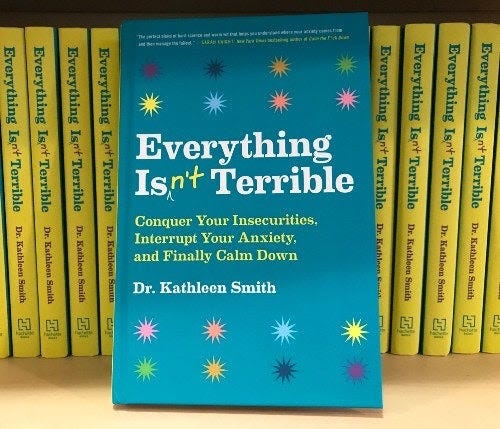Humans are masters at adaptation. We change to fit our environment, and this has helped us survive as a species. But adaptation has its costs.
How do you adjust yourself to preserve harmony in a group? When no one will make the dinner reservation, do you step up? When Mom makes a fuss about holiday plans, do you give in? Do you adopt or abandon political beliefs because you fear being called out? Whether we realize it or not, many of our decisions are influenced by relationship pressure.
I work with a lot of clients who are the adapters in their families. They feel like they always have to take over, or the ship will sink. Or they believe capitulating to others is the only way to keep everyone happy. Either way, they are adapting to preserve stability. They’re helping the family or the organization chug along while sacrificing bits of “self” in the process. Unsurprisingly, these people are often the ones who experience the most physical or emotional symptoms.
Ways we adapt to keep things calm:
Going along with an idea to avoid conflict or rejection.
Giving up or hiding beliefs that could make people upset.
Letting others always be the decision makers.
Letting others get away with not making decisions.
Letting others always choose the conversation topic.
Allowing others to treat you poorly.
Letting an adult child underfunction as they wish.
Letting your spouse tell you how to parent your child.
Feeling obligated to answer emails/texts at any hour.
Learning to read other people’s moods to prevent conflict.
Taking on unwanted tasks that no one else wants to do.
Lending reassurance to anyone who asks for it.
Assume the role as the “problem” in the family.
Adaptation isn’t good or bad. Sometimes people have to make sacrifices for the welfare of the group. But are you making a thoughtful choice, or is it your automatic way of managing stress? When it’s the latter, people become locked into a pattern of giving up self to manage relationship tension. They forget, or never learn, that there are many ways to be in relationship to others.
Building a more solid self, one less susceptible to relationship pressure, doesn’t mean you have to dominate others, or force them to change. Instead, it requires you to get clearer with yourself about what you believe, or how to navigate a challenge, and then activate that thinking in real time.
Expect the anxiety to increase, at least temporarily. No one might make that dinner reservation. Your mother might pout over the holidays. Strangers on the Internet will be mad at you. People might say things like, “Who are you? I don’t know you anymore.” This is simply the system trying to get you to change back.
Try not to take it personally. This is our evolutionary heritage at work, a process much older than anyone’s bad attitude.
This week I encourage you to think about when you are quick to adapt at home, at work, and in the larger world. When has it been convenient to go along with the group? To take over, or to take a back seat, because others expect it? To never get clear with yourself about what you believe or who you’re trying to be?
These are the opportunities to consider an alternate way of functioning. To differentiate yourself from what is automatic, predictable, and ultimately limiting in how we relate to other humans.
News from Kathleen
For Medium’s Forge Mag, I wrote about how people need less than you think they do. I also wrote about the difference between borrowing self and building up self.
Want to support my free newsletter? Buy me a coffee to keep the thoughts flowing.
Want to read more of my writing? You can read old newsletters at my website, or buy my book Everything Isn't Terrible from Amazon, Barnes and Noble, Indiebound, or your local bookstore (best option).
Want a free anxiety journal? Calming Down & Growing Up: A 30 Day Anxiety Journal includes thirty daily prompts to help you reflect on and respond to your anxious behaviors. To receive a copy, just email me your receipt.
Follow me on Twitter, Facebook, or Instagram, or email me if you have questions about Bowen theory coaching or having me speak to your group.
Want to learn more about Bowen theory? Visit the Bowen Center’s website to learn more about their conferences and training programs.





